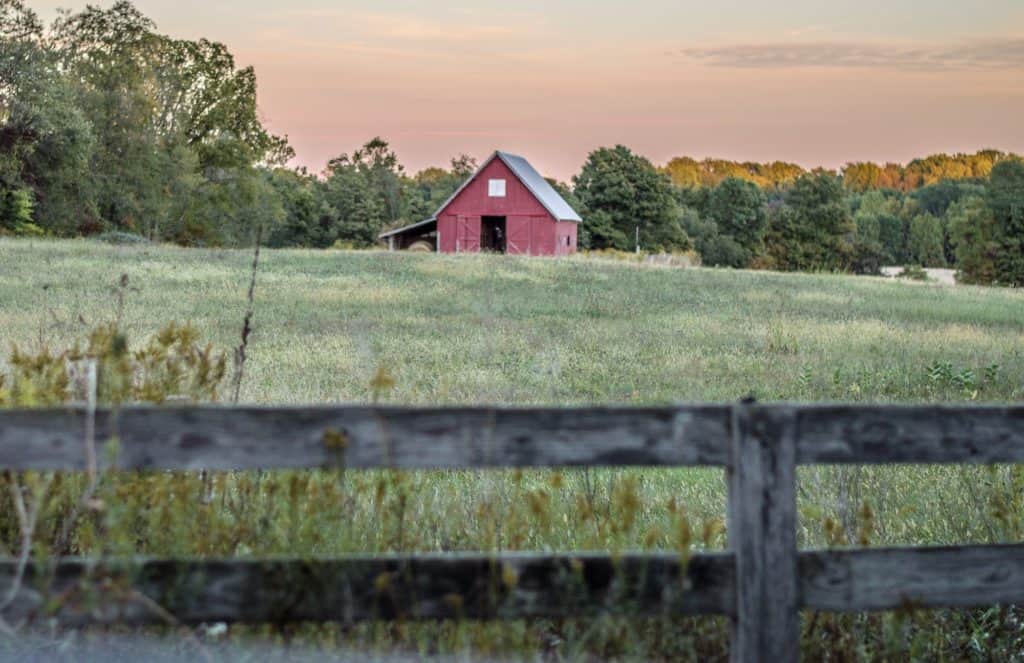What is an Appurtenance in Real Estate?
What is an Appurtenance in Real Estate?
An appurtenance is a subordinate or accessory part of something else. In real estate, an appurtenance is an item that is attached to the property but does not necessarily convey with the sale. For example, a detached garage would be considered an appurtenance to a house. If you consider purchasing a property, knowing what isn’t included in the sale is important.
How to Understand Appurtenance in a Contract

When you are looking at a contract, typically, specific language explains what is and isn’t an appurtenance. Most standard real estate contracts include a section that specifies all fixtures and provides an area for buyers to include other items they would like to include in the contract that would not be considered an appurtenance. Generally, if an item is installed or would be unreasonable to remove it’s probably considered an appurtenance. This can include things like outbuildings, fences, and even trees.
Be sure to understand your local market and what is considered normal or not normal to leave at the home at the time of sale. For instance, it may be standard practice to leave all tv wall mounts and cables, but not the TVs. It’s important to have a good understanding of how these work in your local market.
Examples of Appurtenance

Here are common examples of an appurtenance:
- Antennaes
- Uncut Crops or Plants
- Trees
- Swimming pools
- Fixtures (typically not including trade fixtures)
- Mineral rights
- Kitchen cabinets
- All types of fencing
- Detached garages or sheds
- Porches
- Window treatments
- Appliances (unless they are specifically included in the contract)
- Most outdoor lighting
- and more!
What to do if there is an Appurtenance Dispute?
In the event of a dispute over an appurtenance, it will be up to the courts to decide. Generally, the courts will look at what is reasonable and customary in the area.
An appurtenance can be a valuable part of a property and should be taken into consideration when purchasing. For more information on this topic or real estate contracts in general, be sure to take one of our recommended partner courses before your exam.
Why Easements and Property Rights Matter
It is important to pay attention to easements when considering possible appurtenance in real estate. Often times things like shared driveways or utility easements will run with the land and therefore be carried over with the contract also. It’s important to pay attention to this kind of thing when you are creating a contract. It’s always best to have a real estate attorney guide you in these matters if there is any doubt.
Understanding the principal property
Understanding the principal property the appurtenances thereto is critical when looking at a contract. Principal property refers to the main house or structure, while appurtenances are any subordinate installations or features that go along with it. These can include detached garages, sheds, fences, trees- pretty much anything that isn’t nailed down and would be unreasonable to remove. While they don’t always convey with the sale of the principal property, they are considered part of it and pass on to new owners when bought and sold. If you’re buying a property and aren’t sure what’s included, take a look at the contract for specific language defining what is and isn’t an appurtenance in that particular deal.
In Summary
If you are researching this definition for your real estate exam, be sure to have a good understanding of what qualifies as an appurtenance and what doesn’t. Look into your local state rules and before you are licensed be sure you understand how this works with your local board or MLS.







